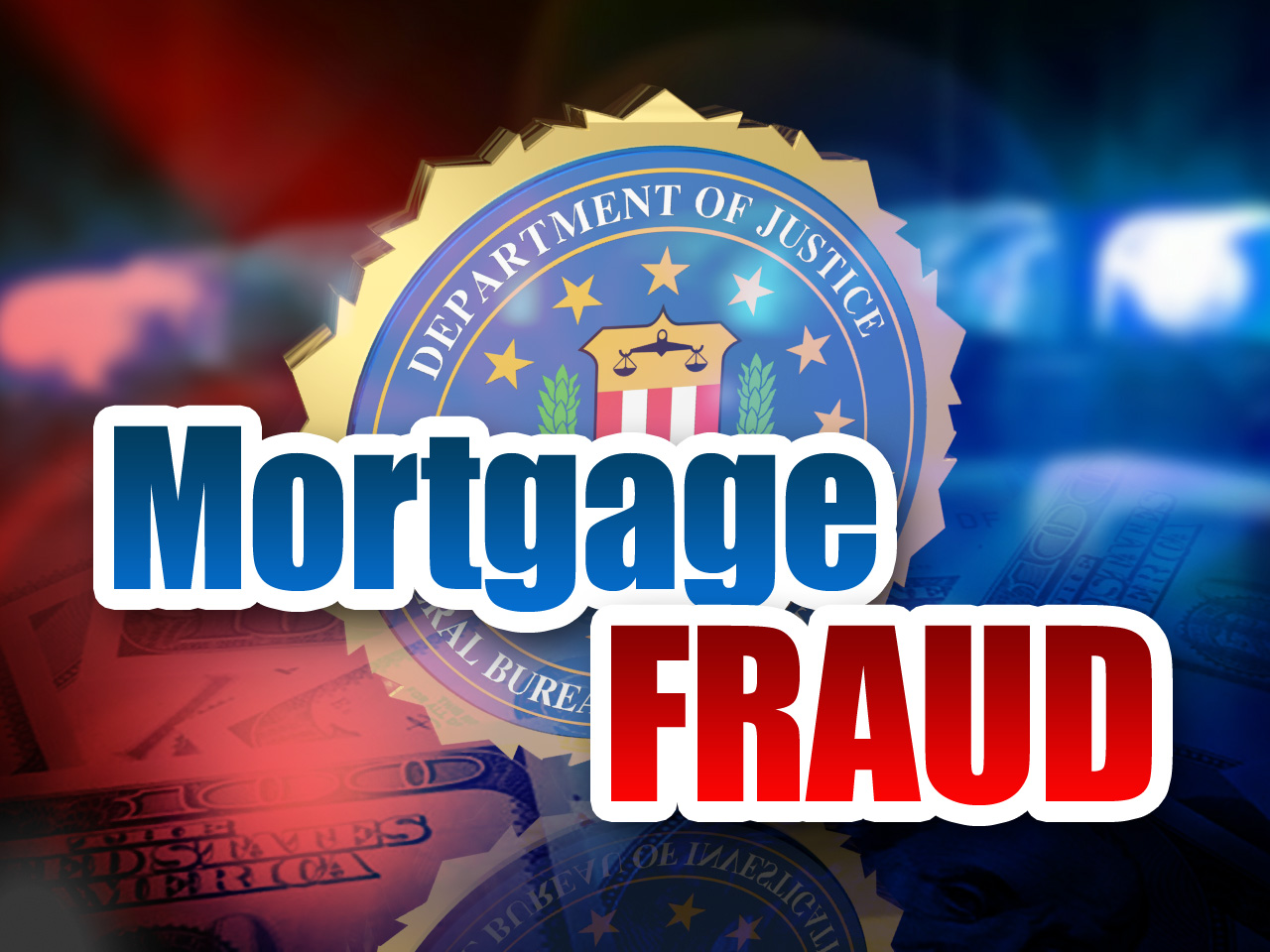It never ceases to amaze me how many criminal cases in Denver go to a plea bargain without an attorney. In the end usually I hear from a defendant just how unhappy they are with the process and the disposition of the case. Of course hiring an attorney was not an option because of the cost associated with hiring an attorney or lawyer, and usually I hear about their previous experience which wasn't a positive one. I think we have all hired an attorney or legal professional that just didn't seem to give the services they charged for, and that is exactly why I am writing this post.
Solid legal counsel is going to cost money; there is no way around that. Having excellent representation is worth more than handling negotiations with a District Attorney yourself; I have seen this first hand, over and over again. So with that being said, how do you locate that Denver attorney or Denver lawyer that is going to both fit your budget and give you the representation that you deserve? First, start off with the consultation. It seems to me that most people will attend one consultation and then either hire that lawyer or not hire a lawyer at all.
What I have found is that attending three or maybe even four consultations is the best way to make a decision as to whether or not you will need an attorney. I have never recommended that someone not hire an attorney, but there are those rare cases where just handling the case yourself probably makes better sense. For example a simple traffic violation versus a criminal charge like domestic violence, in the case of the traffic violation, this might be a case where I would negotiate with the Denver District Attorney myself.
I know you are saying, "All this goes without saying, doesn't it?" Yes it does, but I want to make certain that I am clear. For serious charges, it is rare that a defendant does not benefit from consulting with a Denver Criminal Defense Attorney. Your Denver Criminal Defense Lawyer should be able to identify important pretrial issues and explain it to you in a way that you are never out of the loop. If you feel that your attorney is proceeding without explaining the entire process to you, then it is probably time for you to find a different attorney or stop the process and make certain you are completely informed.
This is why the consultation process was so important to begin with. It is never okay for you to just go with an attorney because you feel like they know what they are doing; make absolute certain that you know their experience is going to be a benefit to you. Seems to make sense while you read this, but how many times have you allowed an attorney in Denver to file a motion on your behalf without reading the motion? When you read the motion did you understand it?
If you did not understand the motion, did you tell the attorney to go ahead with the motion? Make sure you ask the simple questions and understand the ramifications of your case entirely, this will prevent future disappointment. It seems that whenever I hear a defendant complaining about their attorney or lawyer, they explain that the attorney never explained the sentence to them all the way or, "I never agreed to serve four years probation but that is what I received." Had they taken the time to understand their case and just throw it in the hands of their attorney they probably would have known about their sentence and they would not be surprised with the outcome.
Be wary of entering into a retainer agreement which calls for additional payments if the case will go to trial, make certain that you nail the fees down in the beginning. I have had many experiences where attorneys have gone crazy with the retainer and it was spent in a matter of weeks. I am not suggesting that you constantly negotiate with your attorney about their fees; a good attorney is going to be expensive. I am suggesting that you not pay more than you have to. Find out what the retainer is going to cover and if that retainer is expected to take your case through trial.
It is not unusual for appellate lawyers to hear clients recite that they entered into guilty pleas after they were unable to come up with necessary funds to pay their lawyers to proceed with a trial. It is your responsibility to find out how much your case is going to cost. I can already hear your attorney giving you the most common, "Well, it really depends on whether or not we go to trial, if we go to trial would there be an appeal?" When I can't seem to get a straight answer from the attorney I move on to the next, it is not unreasonable to hear an estimate of what it will cost.
Of course a good attorney will inform you that they are uncertain because they do not want to be held accountable should your case cost more than originally anticipated which is completely reasonable. All we are looking for here is an estimate so that we can be prepared to go to trial if we need to. In my experience, finding a good criminal defense lawyer in Denver can be difficult, here are some suggestions of resources I have found useful:
1.) Referrals - If you were arrested and incarcerated, then obviously what better crowd to ask for referrals. It seems inmates always know which criminal defense attorneys are worthwhile and which are not. This is not the absolute best source for referrals, but I do find more value here than asking an attorney for a referral. I don't want to be referred to an attorney just because they played golf with the attorney I asked for the referral from. However, if you do already work with an attorney or lawyer in Denver that you trust, than this would absolutely be an excellent place to start for a solid referral.
2.) Courtroom Observation - Before you discount this one, stop and think. Doesn't it make sense that you would watch an attorney in the courtroom and see how they handle themselves? I have found an excellent attorney by just going to court and watching several cases.
3.) Directories - There are several competent law directories with excellent attorneys for all different sectors of law practice. If you are going to utilize a directory to locate your attorney then it is imperative that you interview a couple of different attorneys so that you are making an informed decision. Seems to make sense right? Again, I have heard over and over again, "We went with the first attorney we met with, he/she seemed capable". Don't get lazy, talk with a couple of different attorneys and make certain that you are happy with your decision don't get lazy, talk with a couple of different attorneys and make certain that you are happy with your decision.
No matter what happens you will need to deal with the consequences of the case. This is not the end all guide to hiring your Denver attorney, but a summary of some important things to consider when hiring an attorney. No matter what it is important to try and be as objective as you can and not get swallowed up with the emotions that are usually tied to a criminal case. Good advice, but usually difficult to follow. This article should not be considered legal advice and is simply a resource for those navigating their way through the many Denver Attorneys that are available.
Article Source: http://EzineArticles.com/2307879




